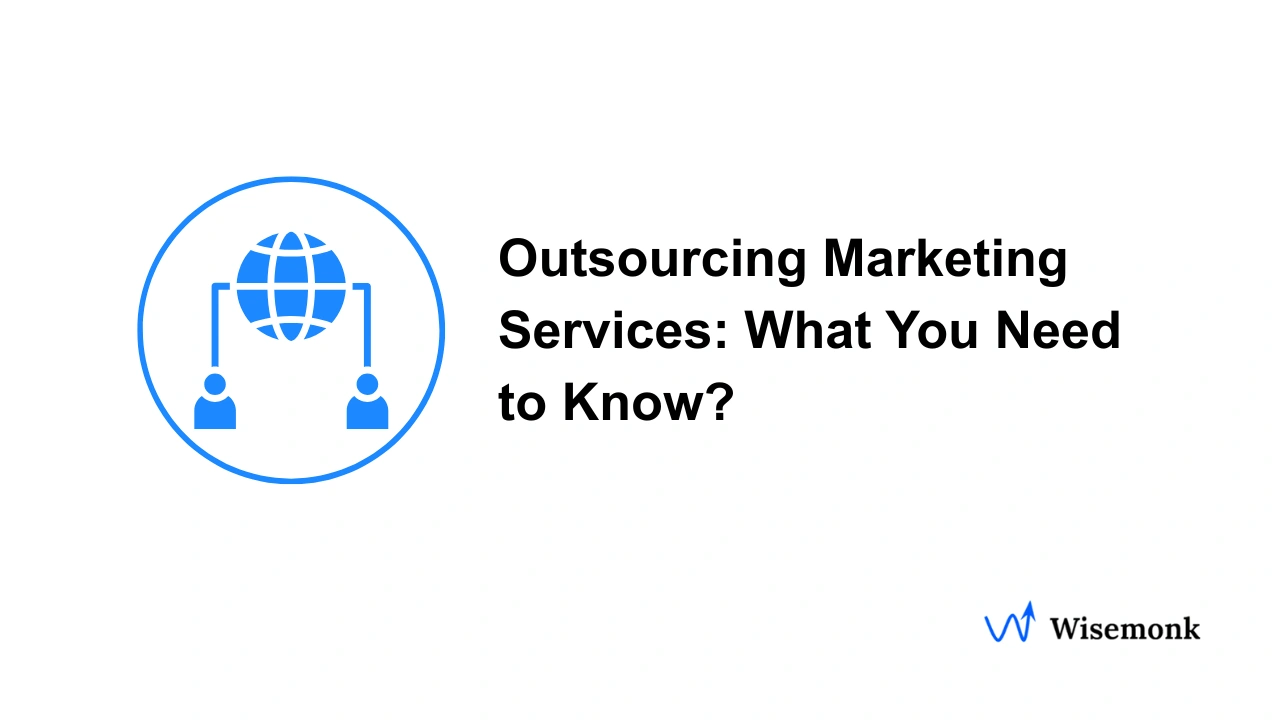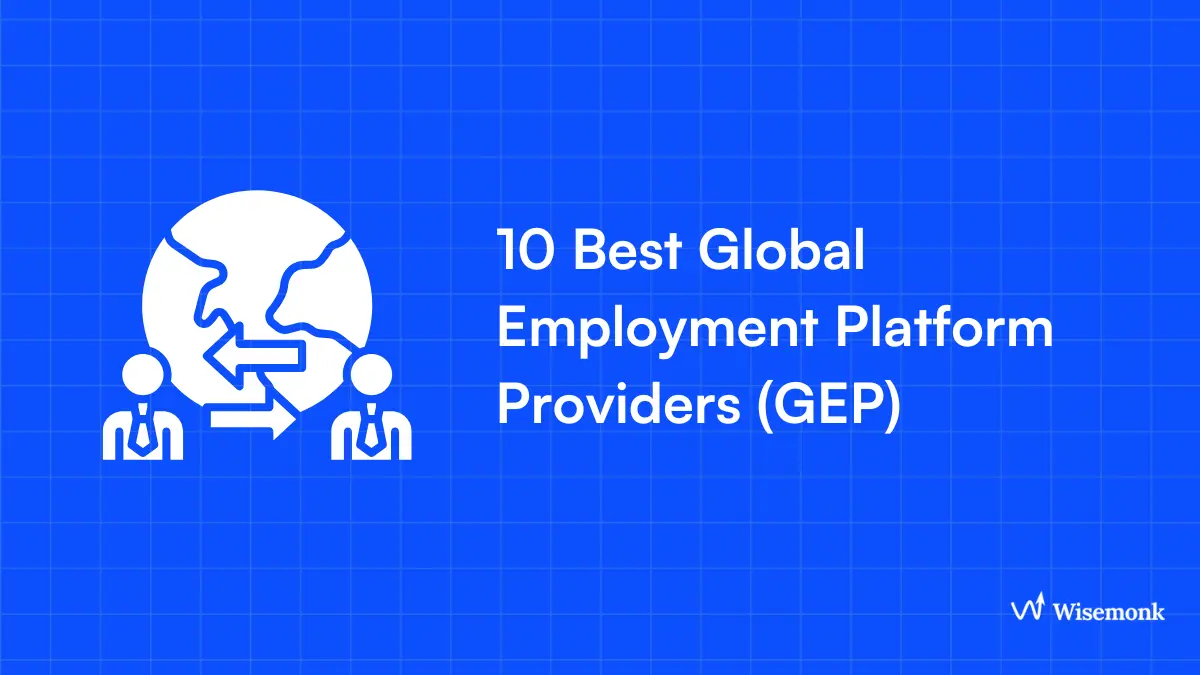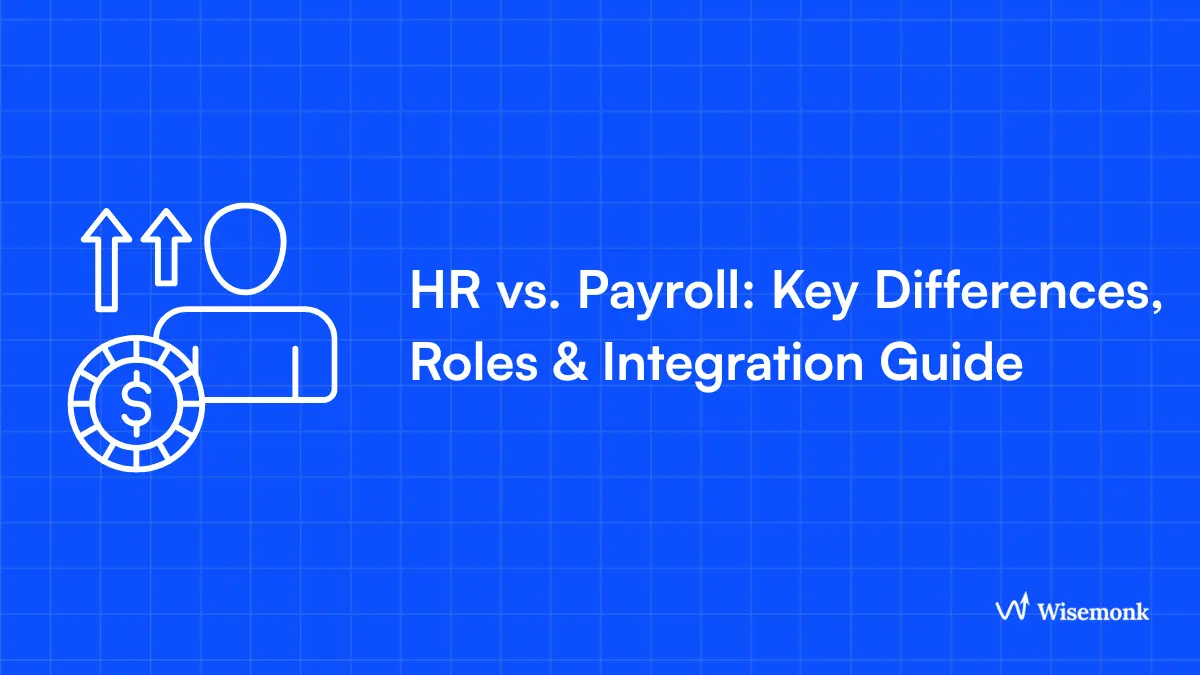- Outsourcing to India problems: Communication and cultural barriers such as language differences, time zone gaps, and varying work ethics. Regular check-ins and cultural training can help bridge these gaps.
- Time Zone Challenges: India’s time zone differences with the US and UK can delay feedback and decision-making, affecting project timelines. Using asynchronous tools and careful planning can reduce these issues.
- Data Security and IP Protection: Outsourcing to India carries risks related to data security and intellectual property. Businesses should ensure strong security measures, including encryption, NDAs, and compliance with local and international standards.
- Quality and Employee Turnover: Maintaining consistent quality and managing high employee turnover in outsourced teams are common concerns. Setting clear SLAs and choosing reliable partners can help maintain quality.
- Legal and Compliance Challenges: Navigating India’s labor laws, taxation, and data protection regulations is crucial for compliance. Businesses should stay updated and work with legal experts to avoid penalties.
Need help avoiding outsourcing problems to India? Reach out to our experts now!
Outsourcing to India has become a popular choice for businesses looking to cut costs and tap into a vast talent pool. With its cost-effectiveness and expertise in sectors like IT and BPO, India offers significant advantages. However, like any business decision, it’s not without its challenges, communication issues, quality control, and cultural differences can make outsourcing complex.
In this article, we’ll cover the common challenges of outsourcing to India and how to tackle them. This practicle guide will help global companies avoid pitfalls and ensure smooth, successful outsourcing experiences.
What are the key cultural and communication barriers when outsourcing to India?[toc=Cultural & Communication Barriers]
When outsourcing to India, businesses often face communication challenges due to language differences, time zone gaps, and cultural variations. These factors can create friction, making collaboration more difficult.
Based on our extensive experience helping global businesses scale operations in India, here are some common communication and cultural barriers:
- Language Barriers: While English is commonly spoken, regional accents and dialects can still lead to miscommunication, especially in technical areas like software development or IT services.
- Time Zone Differences: With India being 5.5 hours ahead of the UK and 10.5 hours ahead of the US, real-time communication can be tricky. This often results in delays for feedback and quick decision-making, impacting project timelines.
- Cultural Differences: In India, hierarchy plays a significant role in the workplace, which may clash with the more egalitarian culture of Western companies. This can influence how feedback is given and how decisions are made.
- Work Ethics and Practices: Different views on work-life balance, office hours, and problem-solving methods can sometimes lead to mismatched expectations between outsourcing partners.
- Communication Styles: Indian professionals may avoid direct confrontation or criticism, which can sometimes cause issues to remain unaddressed, particularly in situations where direct communication is expected.
- Cultural Awareness: Through our experience helping global companies, we’ve found that cultural awareness training on both sides can foster mutual understanding and improve collaboration.
- Clear Communication Channels: Establishing regular check-ins and using project management tools can minimize the impact of language and time zone issues. Transparent communication about expectations also ensures everyone is on the same page.
How do time zone differences affect real-time collaboration?[toc=Time Zone Challenges]
Time zone differences between India and other countries can significantly impact real-time collaboration, leading to delays in feedback, slower decision-making, and challenges in aligning work schedules.
From our experience helping global businesses manage teams across multiple time zones, here’s how time zone differences can affect real-time collaboration:
- Delayed Feedback: With India being several hours ahead or behind many Western countries, real-time communication can be delayed. For example, feedback or clarifications may not be received until the following day, slowing down the pace of work.
- Challenges in Syncing Work Hours: Time zone differences make it harder to find overlapping working hours. This can impact the ability to have quick meetings or brainstorming sessions, which are essential for maintaining momentum on projects.
- Slower Decision-Making: When teams are spread across different time zones, urgent decisions may be postponed until both teams are available, which can lead to bottlenecks in progress.
- Impact on Project Deadlines: The lack of immediate communication can lead to missed deadlines. For instance, a client’s urgent request might not be addressed in time due to the time gap between regions.
- Reduced Real-Time Collaboration: Instant collaboration tools like Slack or Microsoft Teams can help bridge some gaps, but the lack of overlap in working hours still makes it difficult to collaborate instantly. This is especially challenging when rapid decisions or approvals are required.
- Meeting Scheduling Conflicts: Scheduling meetings that work for both sides can be a logistical challenge. Global teams might end up working outside their regular hours to accommodate others, which can lead to fatigue or disengagement.
By strategically planning meeting times and using asynchronous communication tools like shared documents or project management platforms, businesses can mitigate the challenges caused by time zone differences.
What are the risks around data security and intellectual property (IP)?[toc=Data Security & IP Risks]
Outsourcing to India involves risks related to data security and intellectual property (IP) protection due to differences in legal frameworks, industry standards, and technological infrastructure.
Based on our extensive experience helping global businesses navigate the complexities of outsourcing, here are the key risks related to data security and IP when outsourcing to India:
- Data Protection and Compliance: India's data protection laws are evolving, but they still lag behind regulations like the EU's GDPR. This can create challenges when handling sensitive client data, as businesses must ensure that Indian service providers adhere to stringent data security practices.
- Intellectual Property (IP) Theft: Although India has intellectual property laws, enforcement can be inconsistent. This poses a risk for businesses concerned about their proprietary technology, software code, or other innovative processes being misused or leaked by outsourcing partners.
- Lack of Industry Certifications: Many Indian service providers may not have international industry certifications like ISO 27001 for information security management. This can lead to gaps in their ability to protect data and ensure compliance with global data protection standards.
- Cybersecurity Threats: India has become a prime target for cyberattacks, and many Indian service providers may not have the advanced cybersecurity measures required to safeguard sensitive data. This increases the risk of data breaches, hacking, and ransomware attacks.
- Third-Party Risk: Indian outsourcing providers may work with subcontractors or third-party vendors, which could pose an additional layer of risk when it comes to IP protection. If proper vetting processes are not followed, sensitive data or proprietary information might be exposed unintentionally.
- Inadequate Data Encryption: Not all Indian service providers implement robust encryption methods for storing and transmitting data. If sensitive business information is not properly encrypted, it becomes vulnerable to theft or unauthorized access.
To mitigate these risks, businesses should ensure that their outsourcing partner follows best practices for data encryption, cybersecurity, and IP protection. It’s essential to have clear service level agreements (SLAs) and non-disclosure agreements (NDAs) in place, and to verify that the provider adheres to international data security standards and certifications.
Why is quality of work and high employee turnover a concern in outsourcing?[toc=Quality & Employee Turnover]
Quality of work and high employee turnover can be significant challenges when outsourcing to India, especially when trying to maintain consistency and meet high-performance expectations across multiple projects.
From our experience helping global businesses scale their teams in India, here’s why quality of work and employee turnover are common concerns:
- Quality Control Issues: Despite the large pool of talented professionals in India, not all service providers maintain the same standards. Differences in training, work culture, and quality control processes can lead to inconsistencies in the work produced, which may not meet the expectations of businesses outsourcing tasks like software development or business process outsourcing (BPO).
- Inconsistent Skill Levels: While India offers a vast talent pool, the quality and skill level of individual professionals can vary. Not all Indian service providers invest in regular skill upgrades or training, leading to potential gaps in expertise, especially in specialized areas like cloud computing or digital transformation.
- High Employee Turnover: The outsourcing industry in India often faces high employee turnover, particularly in BPO services and call centers. This can disrupt long-term projects, as new hires may take time to get up to speed, impacting productivity and project timelines.
- Recruitment Challenges: The demand for skilled professionals in India often exceeds the supply, leading to talent shortages. This causes service providers to frequently hire junior-level employees or workers with less experience, impacting the overall quality of work delivered.
- Loss of Knowledge and Continuity: With frequent employee turnover, outsourced teams may lose critical institutional knowledge. When employees leave, it becomes difficult to maintain continuity on projects, leading to delays and inconsistencies in deliverables.
- Cultural Misalignment: Cultural differences can also contribute to performance challenges. For instance, the work ethic and standards in India may differ from those of Western companies. While Indian professionals may excel in some areas, they may struggle with certain types of client communication or expectations around deadlines and deliverables.
To address these issues, it’s crucial to select an outsourcing partner with a strong track record of delivering high-quality work and managing talent retention effectively. Clear service level agreements (SLAs), regular performance evaluations, and strong communication can help manage quality expectations.
What legal and regulatory challenges should you be aware of?[toc=Legal & Regulatory Challenges]
When outsourcing to India, businesses must navigate a complex legal and regulatory landscape to ensure compliance with both Indian laws and international standards. Understanding these laws is essential for maintaining smooth business operations and avoiding legal pitfalls.
From our experience helping global businesses expand into India, here are the legal and regulatory challenges that businesses should be aware of:
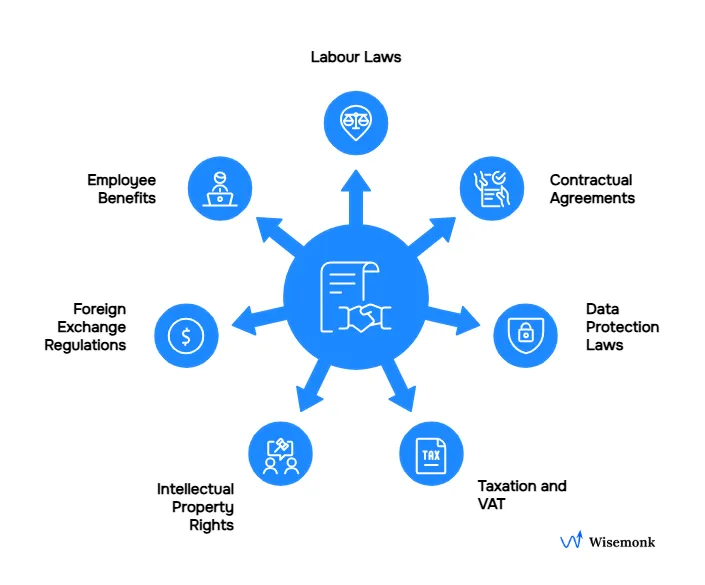
1. Labour Laws
India has a robust set of labour laws that govern wages, working hours, employee benefits, and termination procedures. Companies outsourcing to India must comply with laws such as the Code on Wages, Industrial Relations Code, and Social Security Code, which can be complex and ever-changing. Non-compliance with these laws can result in fines, penalties, or even legal disputes.
2. Contractual Agreements
The terms of service agreements, especially those related to intellectual property (IP) and confidentiality, must align with Indian laws. Outsourcing businesses must ensure that their service level agreements (SLAs) and non-disclosure agreements (NDAs) are legally binding and enforceable under Indian law to protect their IP and sensitive data.
3. Data Protection Laws
While India is working towards strengthening its data protection laws, they are still evolving. The absence of stringent laws like the EU's GDPR can create challenges in protecting personal data and complying with international data protection standards. Businesses need to be proactive in implementing data protection practices and ensuring compliance with existing regulations, like the Information Technology (Reasonable Security Practices and Procedures) Rules.
4. Taxation and VAT
India’s tax system, including Goods and Services Tax (GST), is intricate and requires businesses to understand local tax compliance. International businesses outsourcing to India may be required to register for GST, file returns, and ensure that the right taxes are applied to the services they receive.
5. Intellectual Property Rights (IPR)
Protecting intellectual property in India can be challenging due to inconsistencies in enforcement. Businesses need to register their patents, trademarks, and copyrights with the Indian Intellectual Property Office to safeguard their innovations. However, India’s legal system can sometimes make IP enforcement slow and complicated.
6. Foreign Exchange Regulations
India has strict Foreign Exchange Management Act (FEMA) regulations regarding cross-border transactions. Businesses must comply with these rules when making payments to Indian service providers, ensuring that funds are transferred legally and without violating currency control laws.
7. Employee Benefits and Social Security
Indian employees working in outsourcing services are entitled to benefits such as the Employee Provident Fund (EPF), Gratuity, and Employee State Insurance (ESI). Outsourcing companies must comply with these statutory requirements, which can vary by state and type of employment.
To navigate these challenges, businesses should work with legal experts or outsourcing partners familiar with India’s legal and regulatory landscape. Regular audits and legal consultations can ensure compliance and help avoid penalties or disputes down the line.
What are the operational challenges of outsourcing to India?[toc=Operational Challenges]
Outsourcing to India can present operational challenges, like managing remote teams, ensuring consistent quality, and navigating cultural differences. These hurdles can slow down progress, increase costs, and make it harder to maintain smooth operations.
Based on our extensive experience helping global businesses expand their operations to India, here are some of the key operational challenges faced by companies outsourcing to India:
- Managing Remote Teams: Working with teams across different locations, especially in India, requires strong project management and communication systems. Time zone differences, even with a time zone advantage, can make real-time collaboration challenging, and managing teams remotely often leads to delays and misalignments in expectations.
- Quality Control: Despite India’s reputation as an outsourcing destination with a vast talent pool, maintaining consistent quality can be a struggle. Variations in training, processes, and expectations can cause discrepancies in the output, particularly for industries requiring high precision, such as software development or digital marketing.
- Cultural and Operational Differences: Understanding and aligning cultural differences can be an ongoing operational challenge. Business practices in India can differ greatly from those in the US or Europe, especially when it comes to hierarchy, decision-making, and work ethics. These cultural differences can lead to misunderstandings, delayed projects, or frustration on both sides.
- Scalability Issues: As your business grows, scaling an outsourced operation in India may present unexpected hurdles. Whether it’s scaling the team or upgrading infrastructure to accommodate higher volumes of work, businesses often find that their initial outsourcing model becomes less efficient or more costly over time.
- Communication Gaps: Even though English is widely spoken in India, language barriers and regional accents can still create communication challenges. This becomes especially problematic when working with teams on technical projects like IT services or software development, where clear and precise communication is crucial.
- Dependency on Outsourcing Partner: If your outsourcing provider does not have the right processes, resources, or infrastructure in place, it can create a significant dependency, making it harder to switch providers or scale effectively. This lack of flexibility can lead to operational inefficiencies if your needs change over time.
- Regulatory Compliance: Navigating local laws and data protection regulations in India can be a challenge. Companies must stay up-to-date on local taxation rules, labor laws, and data protection requirements to avoid costly fines or legal issues.
By addressing these challenges proactively, businesses can maintain operational efficiency and ensure smoother collaboration with their outsourcing partner. Clear communication, well-defined processes, and ongoing monitoring are crucial to overcoming these hurdles and ensuring long-term success.
How to manage hidden costs and unforeseen challenges in outsourcing to India?[toc=Managing Hidden Costs]
To manage hidden costs and unforeseen challenges when outsourcing to India, businesses should conduct thorough research, establish clear agreements, and plan for both visible and hidden expenses. Effective budgeting, transparent communication, and proactive management are key to mitigating these risks and ensuring a smooth outsourcing experience.
Based on our experience helping global businesses scale through outsourcing to India, here’s a step-by-step guide to manage hidden costs and unforeseen challenges effectively:
Step 1: Conduct Thorough Research and Select the Right Outsourcing Partner
Start by researching and selecting an outsourcing partner that aligns with your business needs and offers cost-effective solutions. Not all Indian service providers have the same level of quality or expertise, especially in areas like business process outsourcing (BPO) and software development.
Action: Evaluate the service provider’s track record in delivering projects on time, adhering to SLAs, and maintaining quality. Look for industry certifications that demonstrate their expertise and reliability.
Step 2: Establish Clear SLAs (Service Level Agreements)
A well-defined SLA is critical for avoiding unexpected costs. It sets expectations for service quality, delivery timelines, and response times. Clear performance metrics will ensure that both parties stay aligned and reduce the likelihood of missed deadlines or service disruptions.
Action: Negotiate SLAs that cover important aspects like quality control, deadlines, and penalties for non-performance to prevent delays and rework.
Step 3: Plan for Initial Setup and Infrastructure Costs
Although outsourcing to India is often seen as a cost-effective solution, there can be hidden costs in the initial setup, including office infrastructure, legal compliance, and IT systems. These setup costs can often be overlooked in the initial budget planning.
Action: Allocate a separate budget for setup costs such as IT infrastructure, legal fees, and training programs. Work with your outsourcing partner to get a detailed breakdown of these costs.
Step 4: Factor in Training and Onboarding Expenses
While India offers a skilled workforce, the training process to align new hires with your business processes may take longer than anticipated, adding to the operational expenses. This is particularly true for specialized roles such as software developers or those involved in digital marketing.
Action: Plan for training costs and onboarding time to get outsourced employees familiar with your workflows, tools, and expectations. Consider the ongoing need for skills development.
Step 5: Account for Currency Fluctuations
Currency exchange rates between the Indian Rupee (INR) and your home country’s currency can fluctuate, affecting the cost advantages of outsourcing. Even minor changes in the exchange rate could result in higher-than-expected costs over time.
Action: Monitor exchange rates and consider using financial instruments like currency hedging to protect against exchange rate volatility. Alternatively, negotiate fixed pricing with your outsourcing partner to mitigate this risk.
Step 6: Ensure Efficient Communication and Project Management
Managing remote teams, particularly across different time zones, can add to project management costs. Tools for communication and collaboration (such as Slack, Zoom, or Asana) are essential to manage workflows, track progress, and prevent delays. These tools may add to operational expenses but are necessary for smooth coordination.
Action: Invest in communication platforms and establish clear project management guidelines to ensure alignment between teams, especially when dealing with time zone differences.
Step 7: Implement Employee Retention Programs
High turnover among outsourced teams can lead to hidden costs in recruitment, training, and lost productivity. The BPO companies in India, particularly in call centers, often experiences high turnover, which can disrupt workflows and increase costs.
Action: Work with your outsourcing partner to implement retention strategies such as competitive compensation, career development programs, and employee engagement initiatives to reduce turnover.
Step 8: Ensure Compliance with Legal and Regulatory Requirements
Non-compliance with Indian labor laws, taxation, or data protection regulations can result in costly fines, legal challenges, or reputational damage. While India’s legal framework is improving, businesses must stay informed about the relevant laws and ensure their outsourcing partner complies.
Action: Regularly review contracts, stay updated on Indian government regulations, and ensure your outsourcing partner adheres to legal standards, including data protection and tax compliance.
Step 9: Evaluate Scalability and Future Costs
As your business grows, the needs of your outsourced team may evolve, leading to higher costs associated with scaling. Expanding operations, increasing headcount, or adapting to new technologies can introduce unforeseen costs.
Action: Regularly assess your outsourcing relationship for scalability. Plan for potential increases in costs related to operational efficiency, infrastructure upgrades, or changes in business strategy.
By following these steps, businesses can proactively manage hidden costs and unforeseen challenges in outsourcing to India, ensuring a smooth and cost-effective partnership while maintaining high standards of quality and service delivery.
How to choose the right outsourcing partner in India?[toc=Choosing the Right Partner]
Choosing the right outsourcing partner in India comes down to finding a provider who aligns with your needs, offers reliable services, and can scale with your business. The right partner will help you achieve your business goals, maintain quality, and ensure smooth operations, while the wrong one can lead to delays and increased costs.
From our experience helping global businesses expand into India, here’s how you can choose the right outsourcing partner:
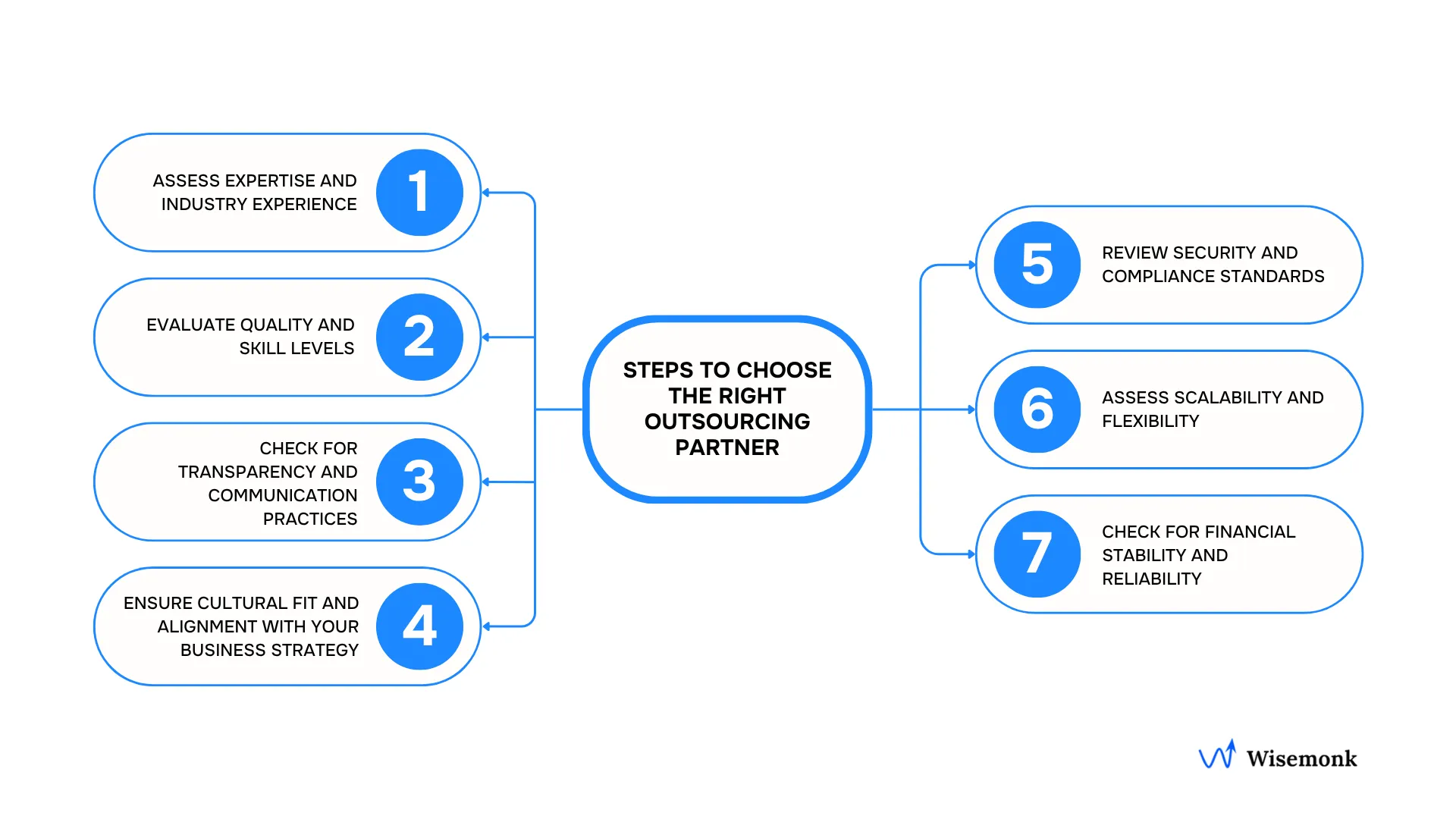
Step 1: Assess Expertise and Industry Experience
Look for a partner with specific expertise in your industry, whether it’s software development, BPO services, or digital marketing. A partner with relevant experience will understand your unique challenges and be better equipped to provide tailored solutions.
Tip: Review case studies, client testimonials, and examples of past work to assess the partner’s experience in your sector.
Step 2: Evaluate Quality and Skill Levels
India has a vast talent pool, but the skill levels can vary. Ensure your partner has access to highly qualified professionals who can meet your standards, especially for specialized areas like IT services or software development.
Tip: Ask for certifications, process documentation, and examples of past projects to verify the provider’s commitment to high-quality work.
Step 3: Check for Transparency and Communication Practices
Establish clear communication channels is crucial for outsourcing success. Your partner should offer transparent pricing, provide regular updates, and keep clear channels open for feedback. Without this transparency, misunderstandings and delays are more likely.
Tip: Discuss the communication methods, frequency, and points of contact before starting the project to ensure clear expectations from both sides.
Step 4: Ensure Cultural Fit and Alignment with Your Business Strategy
The right partner should understand your business strategy and align with your work culture. Differences in work ethics and decision-making styles can cause friction, so it’s important to find a partner who adapts to your business environment.
Tip: Have open discussions about work culture, communication styles, and expectations to ensure a good cultural fit.
Step 5: Review Security and Compliance Standards
For businesses outsourcing to India, ensuring data protection and regulatory compliance is vital. Your partner must follow best practices for data security and intellectual property protection to prevent data breaches and legal issues.
Tip: Verify their data protection policies, ask about industry certifications, and ensure they comply with relevant laws like GDPR or Indian data protection standards.
Step 6: Assess Scalability and Flexibility
As your business grows, you’ll need an outsourcing partner who can scale with you. Look for a provider that offers flexibility in adapting to changing demands, whether it’s increasing team size or evolving service offerings.
Tip: Discuss how your partner can support future growth and assess their ability to handle increasing workloads or new types of projects.
Step 7: Check for Financial Stability and Reliability
Choose a partner that is financially stable to avoid any disruptions in service. A reliable, financially secure provider will be able to invest in resources and technologies that support your business growth over time.
Tip: Review their financial health, request stability reports, and check the partner’s history of client retention and reliability.
By following these steps, you’ll be able to choose an outsourcing partner who can meet your business needs, provide reliable services, and support your growth in the long term.
To discover the benefits of working with a PEO in India, check out our article on "Professional Employer Organization (PEO) in India".
What are the best practices to overcome outsourcing challenges in India?[toc=Best Practices]
Overcoming the challenges of outsourcing to India requires proactive strategies and clear practices. By implementing the right approach, businesses can ensure smoother operations, maintain high-quality standards, and optimize costs.
Based on our extensive experience helping global businesses navigate outsourcing to India, here are the best practices to overcome common challenges:
- Establish Clear and Transparent Communication: Set up regular meetings to discuss progress, challenges, and feedback. Use communication tools like Slack, Zoom, or Microsoft Teams to ensure continuous engagement and reduce misunderstandings.
- Align Expectations and Set Realistic Deadlines: Define clear Service Level Agreements (SLAs) that outline quality standards, timelines, and performance metrics. Be realistic about what can be delivered, especially when working across time zones.
- Invest in Cultural Awareness and Sensitivity: Provide cultural awareness training to both teams. Understanding each other’s communication styles, decision-making processes, and work ethics can help bridge gaps and improve collaboration.
- Implement Strong Quality Control Processes: Develop quality benchmarks and conduct regular audits. Use tools like Trello or Jira to monitor tasks and ensure that the outsourced team adheres to the quality standards set from the beginning.
- Use Technology and Project Management Tools: Leverage tools like Asana, Jira, or Monday.com to track tasks, set milestones, and keep everyone aligned. These tools can help you monitor progress in real-time and address issues before they escalate.
- Ensure Data Security and IP Protection: Sign non-disclosure agreements (NDAs) and intellectual property protection contracts. Regularly audit the outsourcing partner’s security practices to ensure compliance with international standards like GDPR and local data protection laws.
- Foster Long-Term Relationships with Outsourcing Partners: Build trust and a strong working relationship by providing constructive feedback and showing appreciation for the work done. Collaborate on long-term goals and consider periodic face-to-face meetings, even virtually, to strengthen the partnership.
- Be Flexible and Adapt to Changing Needs: The outsourcing relationship should be adaptable to changing business requirements. Ensure that your partner is willing to adjust services, scale operations, and pivot if necessary to meet evolving demands.
How Wisemonk helps overcome outsourcing challenges in India?[toc=How Wisemonk Helps]
Wisemonk is a leading Employer of Record (EOR) company in India that helps global businesses outsource their operations to India without facing common outsourcing challenges. We streamline the outsourcing process by managing compliance, payroll, and HR functions, ensuring smooth operations and quality results.
Here’s how Wisemonk helps businesses overcome outsourcing challenges:
- End-to-End Payroll and Compliance Management: Wisemonk handles all aspects of payroll processing, taxation, and compliance with Indian labor laws, ensuring that businesses meet regulatory requirements without any hassle.
- Talent Acquisition and Recruitment Support: We help you hire top talent in India, manage onboarding, and ensure that you are hiring the right professionals with the skills that match your needs, particularly for IT services, software development, and BPO operations.
- Data Security and Intellectual Property Protection: Wisemonk ensures that your sensitive business data is protected by implementing data encryption, adhering to data protection laws, and safeguarding your intellectual property against theft or misuse.
- Cultural Training and Communication Alignment: We provide cultural sensitivity training and establish clear communication channels, bridging the gap between your team and outsourced teams to ensure smooth collaboration across time zones and cultures.
Beyond these offerings, Wisemonk also provides a range of services to support your business’s expansion into India, including employee benefits management, IT infrastructure support, and company registration. Whether you need a remote team setup, staff augmentation, or help with building your Global Capability Center (GCC), Wisemonk offers comprehensive solutions to support your growth and operational efficiency.
Contact our experts today to streamline your outsourcing operations and scale your business in India.
Frequently asked questions
What are the problems with outsourcing to India?
Outsourcing to India can face challenges like communication barriers, time zone differences, and quality control issues. Additionally, employee turnover in some sectors, along with data security concerns and evolving compliance regulations, can add complexities to the outsourcing process.
Why is everything being outsourced to India?
India is a preferred outsourcing destination due to its cost efficiency, vast skilled workforce, and English proficiency. It offers businesses access to specialized talent, particularly in IT services, software development, and BPO, while maintaining low operational costs.
What impact has outsourcing had on India?
Outsourcing has driven India’s economic growth, created millions of jobs, and developed infrastructure in cities like Bengaluru and Hyderabad. It has also enhanced the country’s education system and helped India become a global leader in IT services and BPO.
What are the problems with outsourcing?
Common problems with outsourcing include quality control issues, communication challenges due to language and time zone differences, and hidden costs. Additionally, data security risks and employee turnover in outsourced teams can disrupt operations and increase costs.
What does the US outsource to India?
The US outsources various services to India, including software development, customer support, technical support, accounting, and BPO operations. Digital marketing tasks like SEO and content writing are also commonly outsourced due to India’s expertise in these fields.
Is outsourcing illegal in India?
No, outsourcing is not illegal in India. In fact, it’s a growing industry with government policies supporting outsourcing, especially in IT and BPO sectors. Companies must, however, adhere to labor laws and data protection regulations when outsourcing to India.
Is India a good country to outsource to?
Yes, India remains a top outsourcing destination due to its cost-effectiveness, skilled workforce, and English proficiency. While challenges like cultural differences and data security exist, India’s established IT infrastructure and outsourcing expertise make it an ideal choice.
.webp)




.webp)
.webp)

.webp)
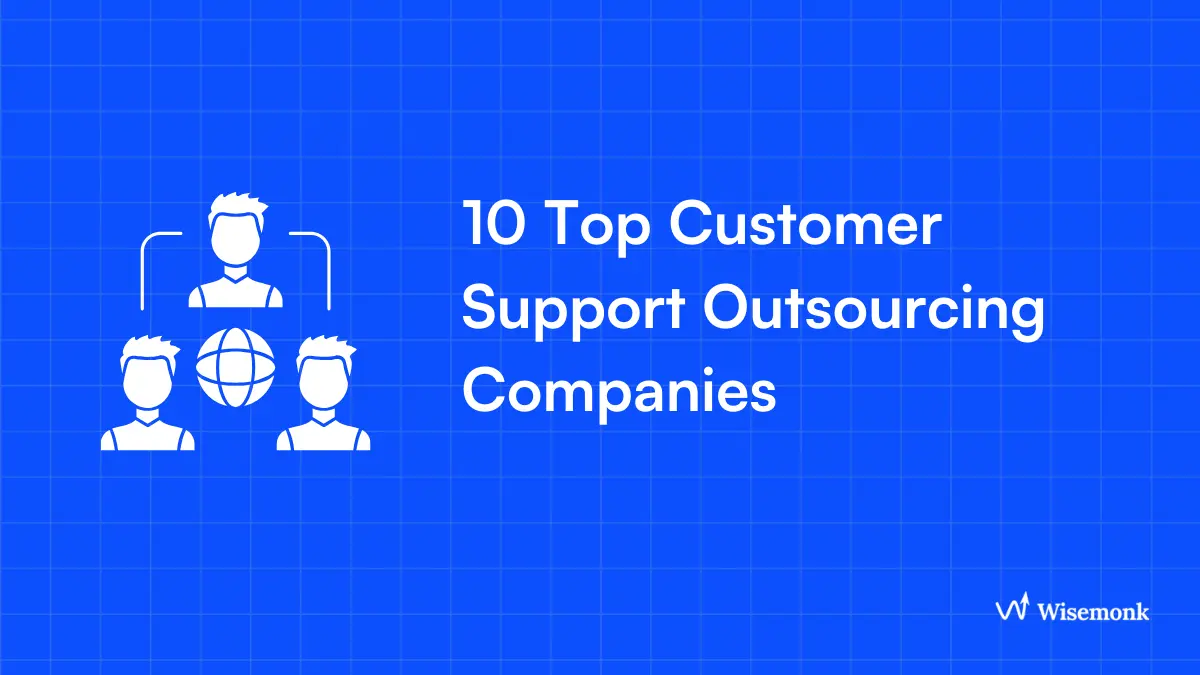
.webp)



.webp)
.webp)

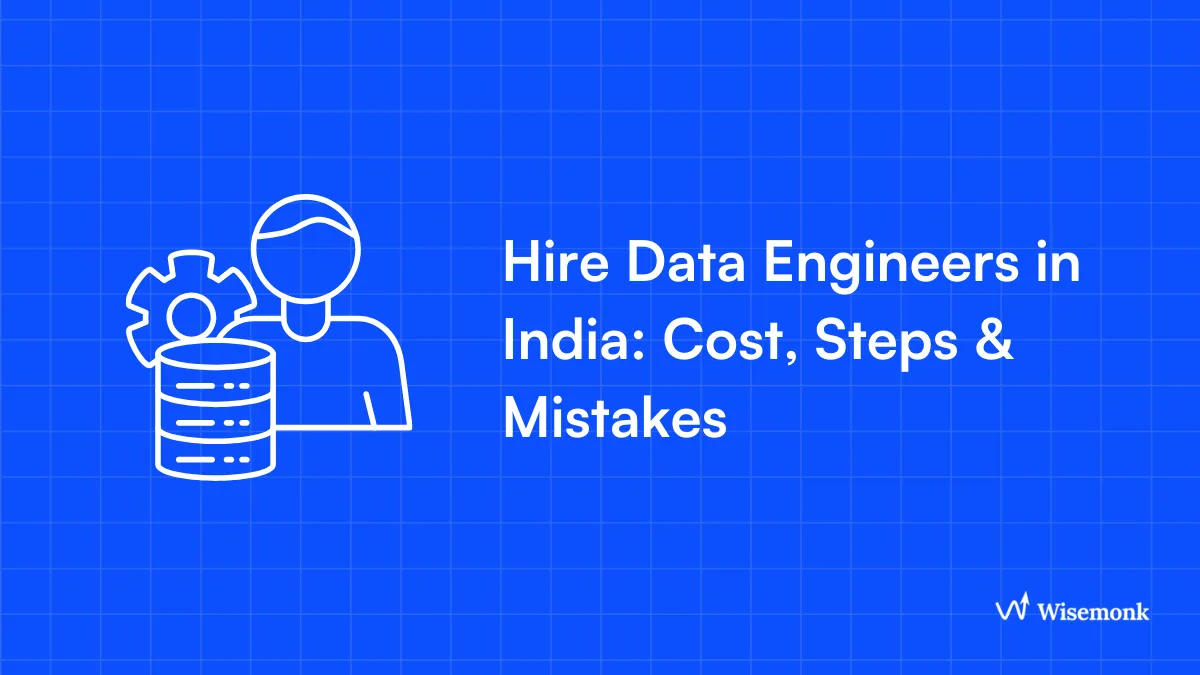




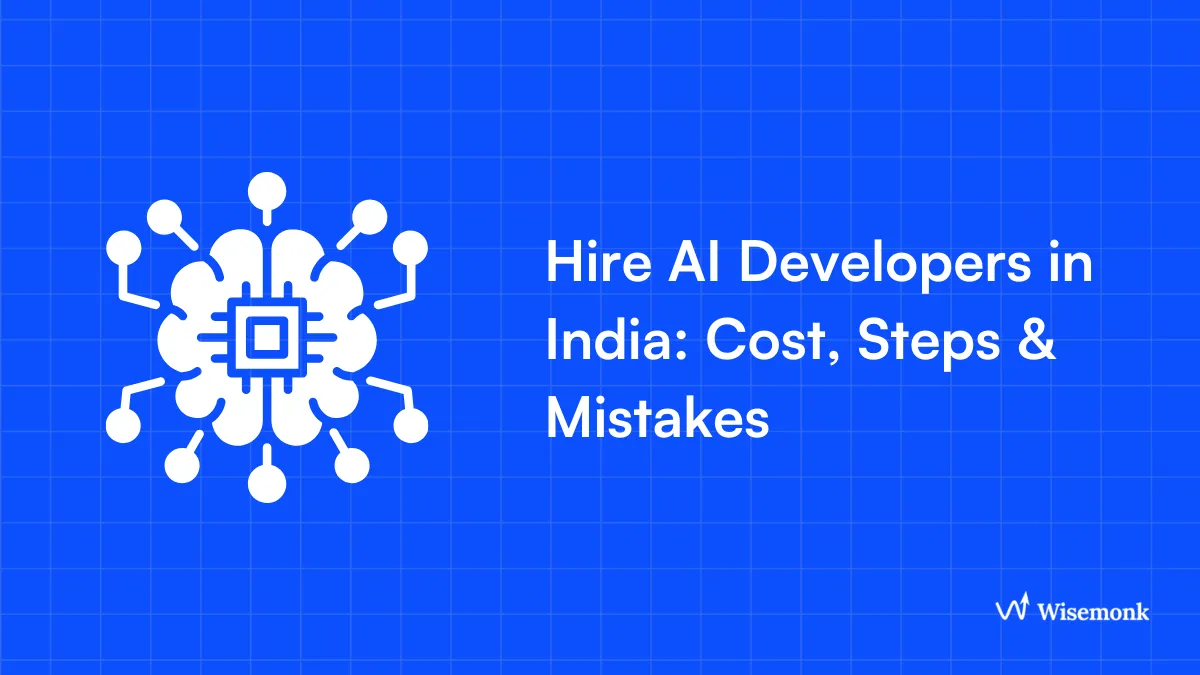
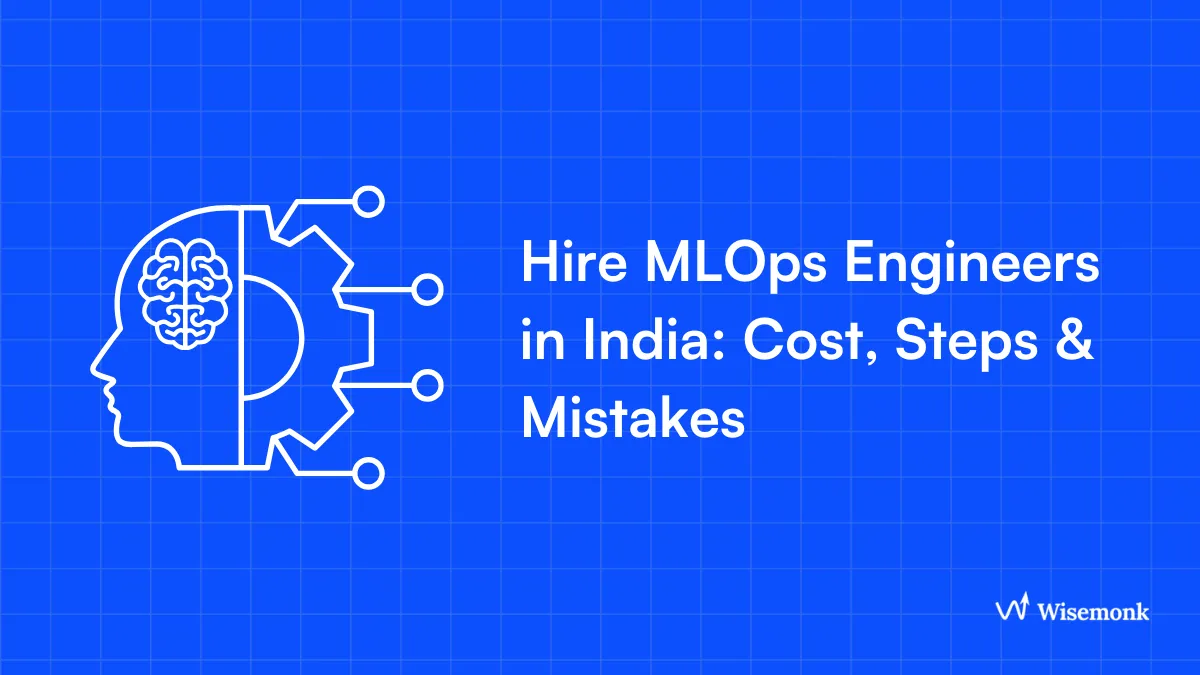

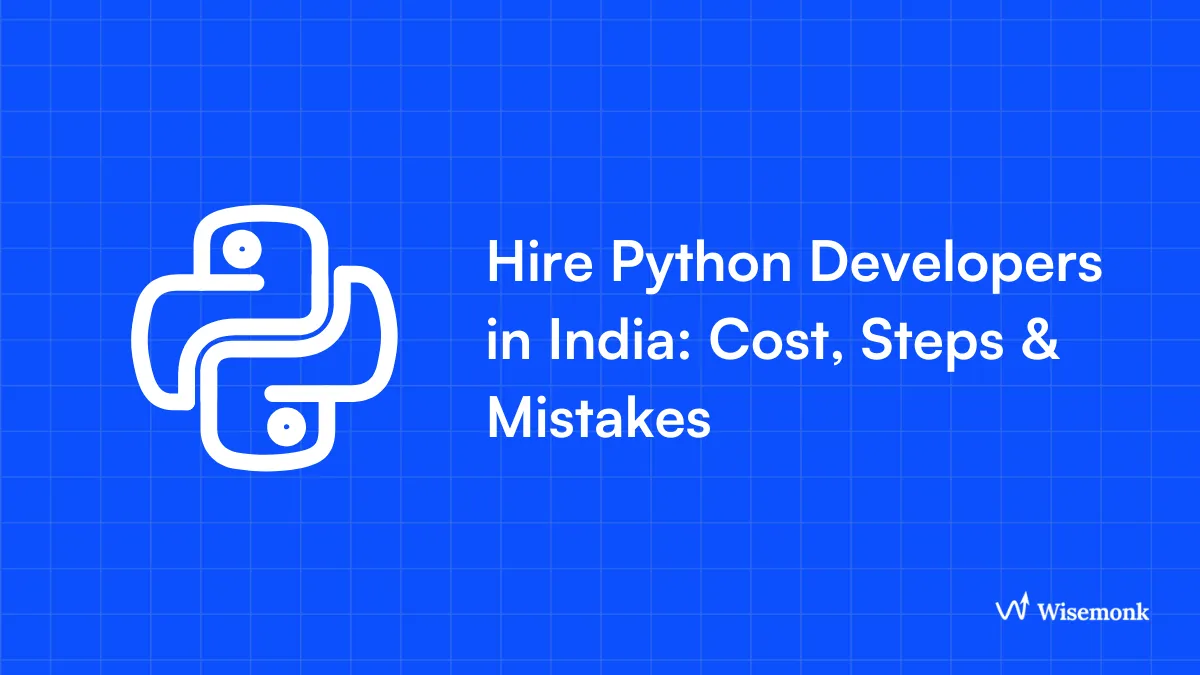





.webp)
.webp)
.webp)

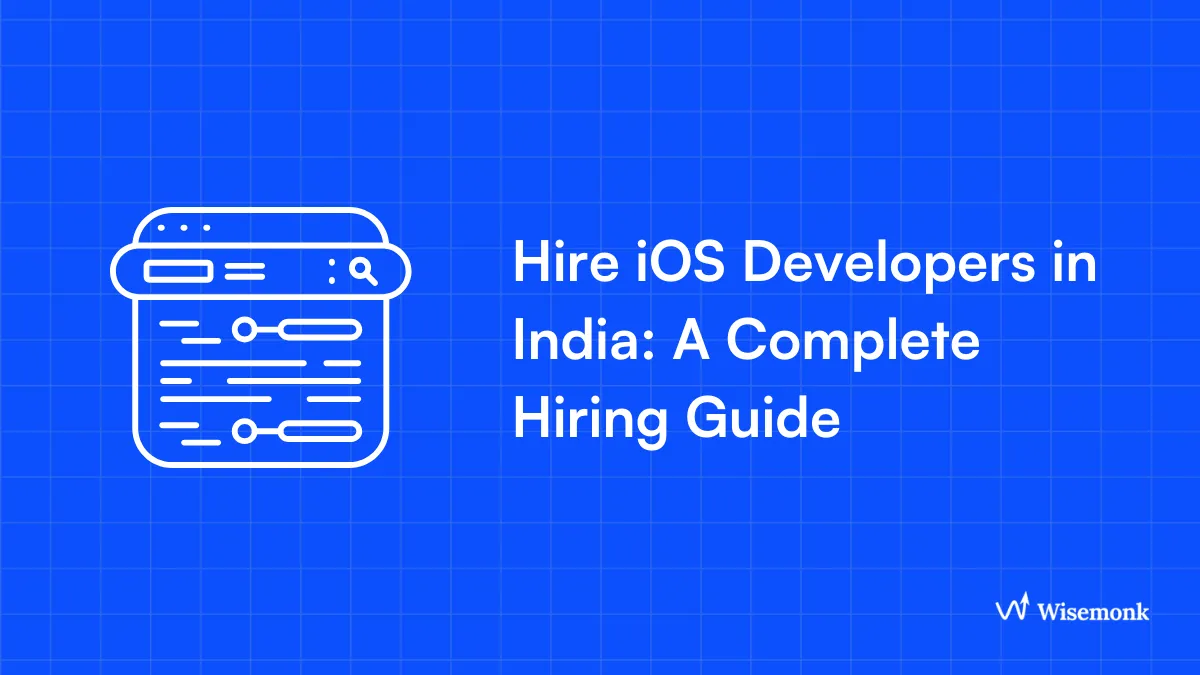



.webp)

.webp)





.webp)





.webp)

%20in%20India.webp)
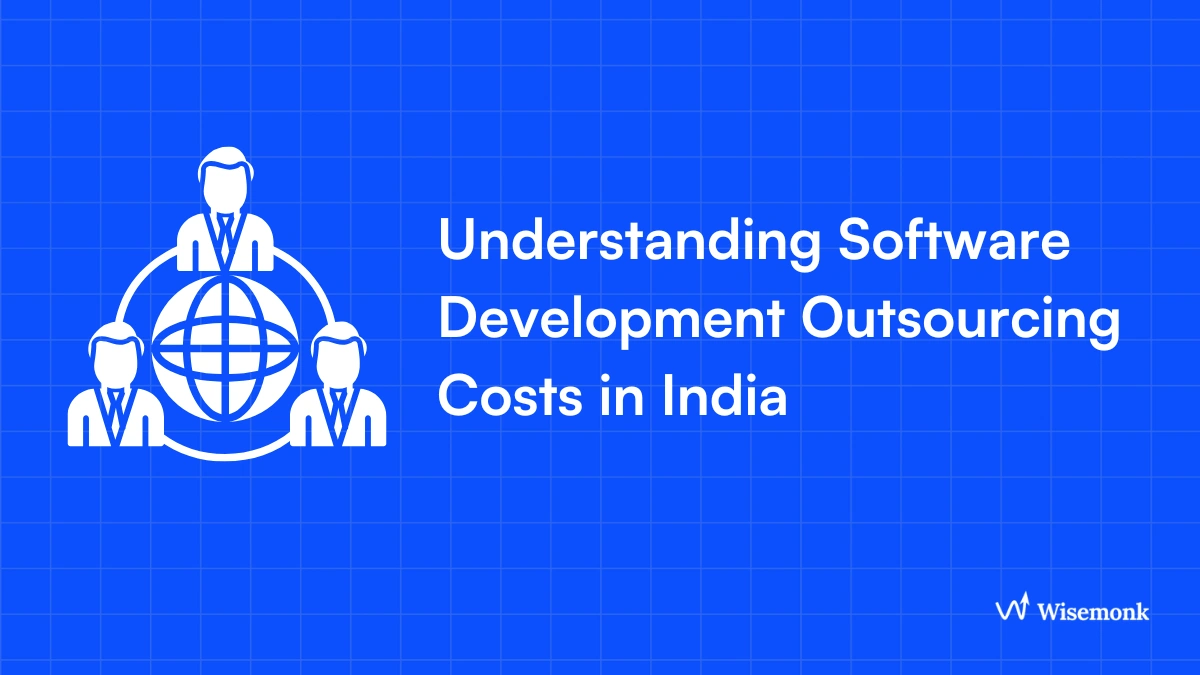

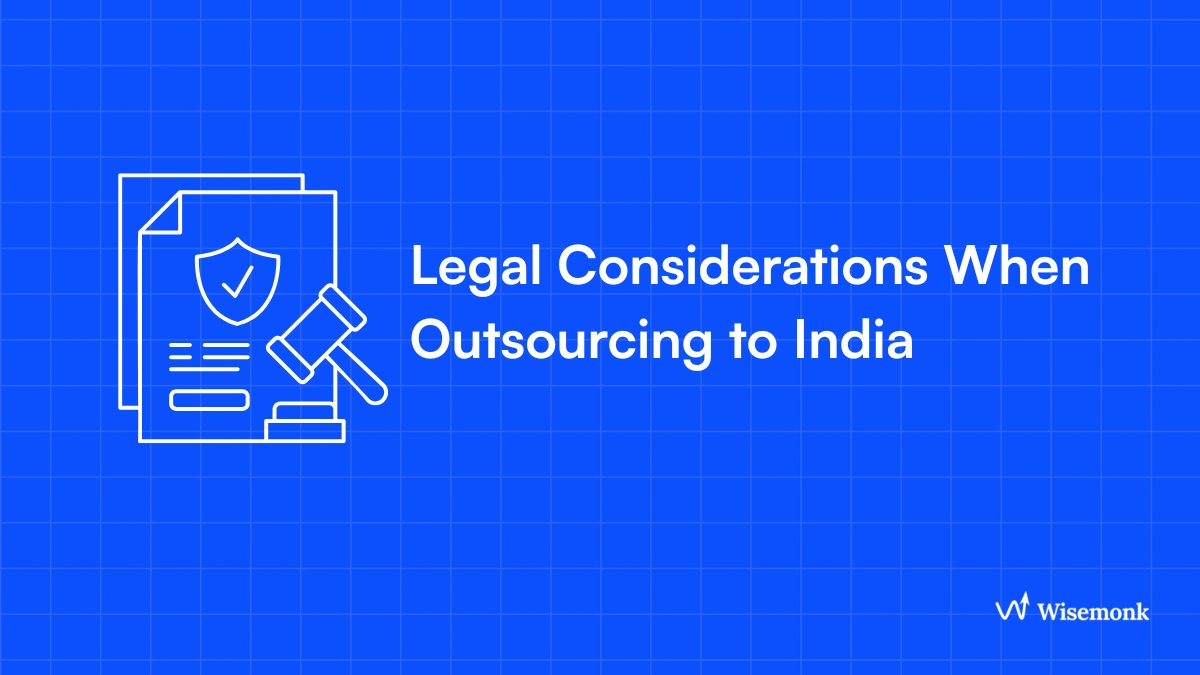
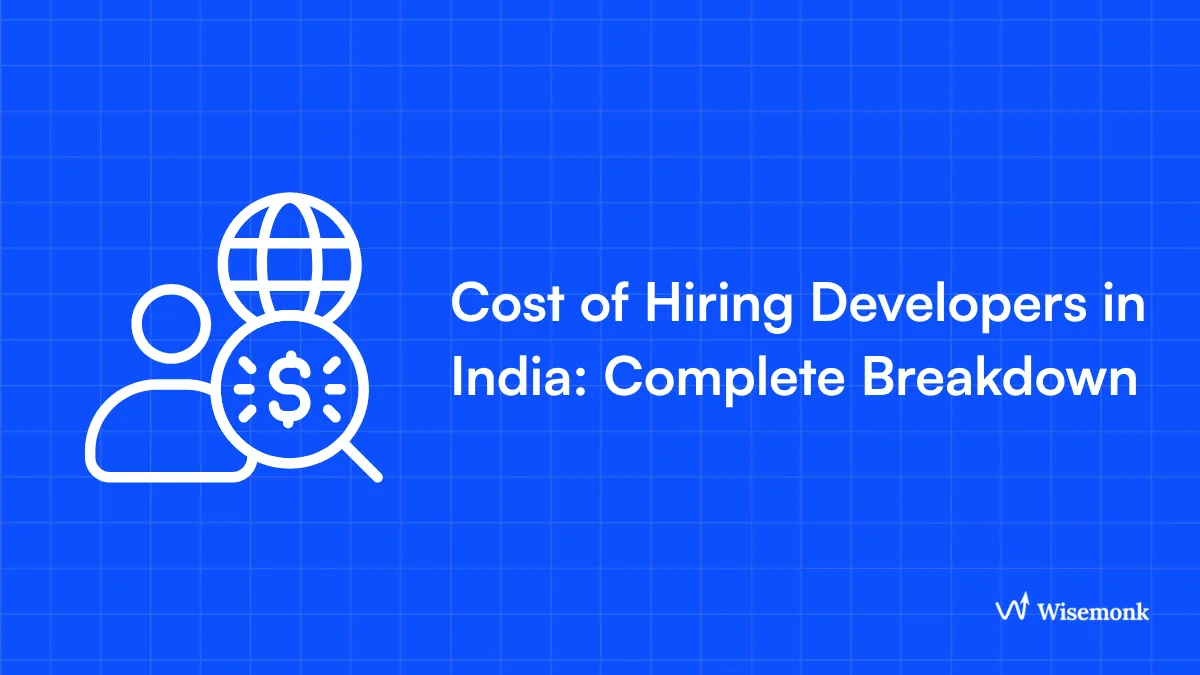

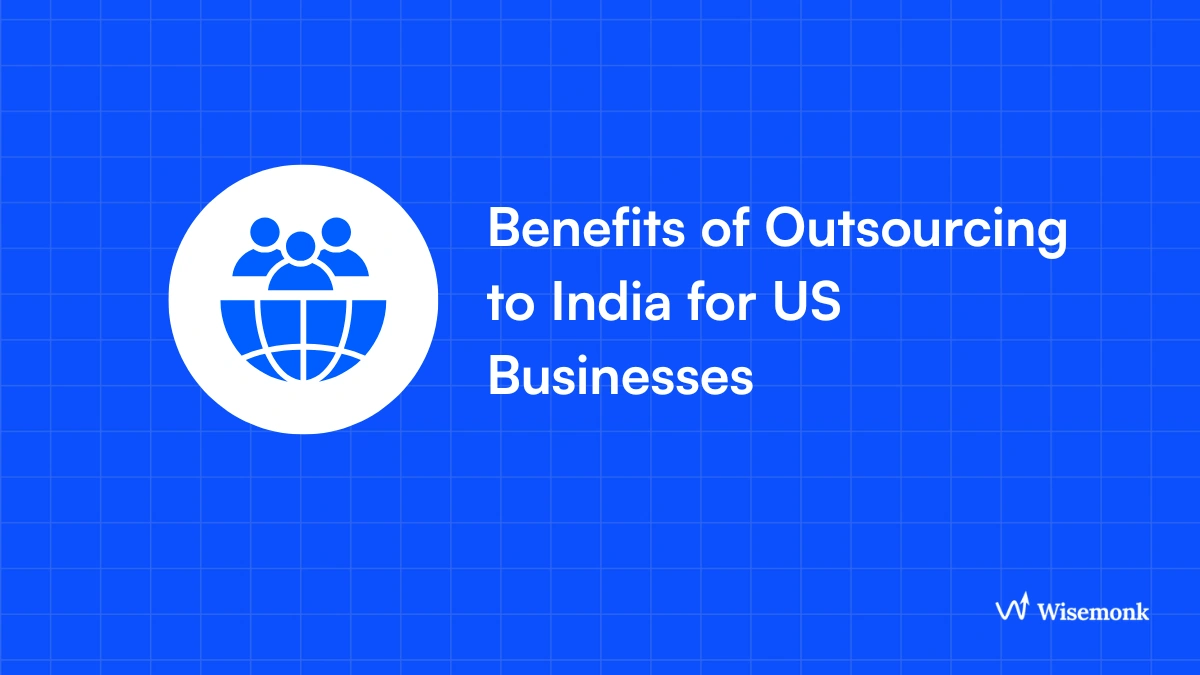

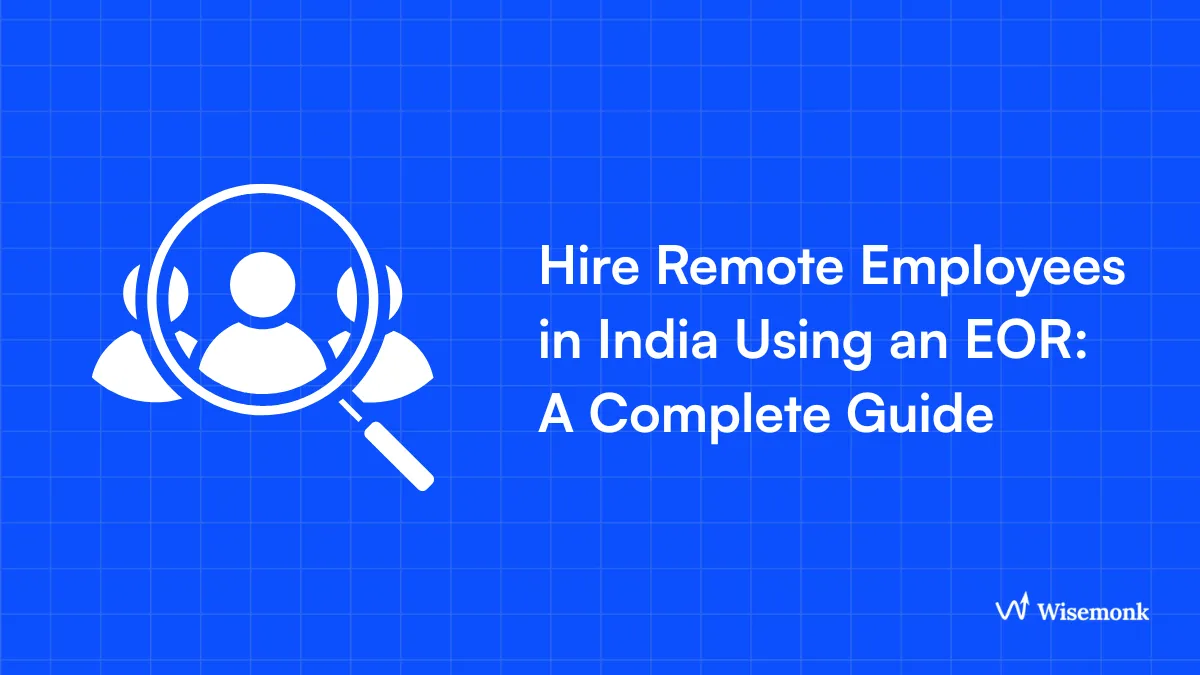



.webp)
.webp)
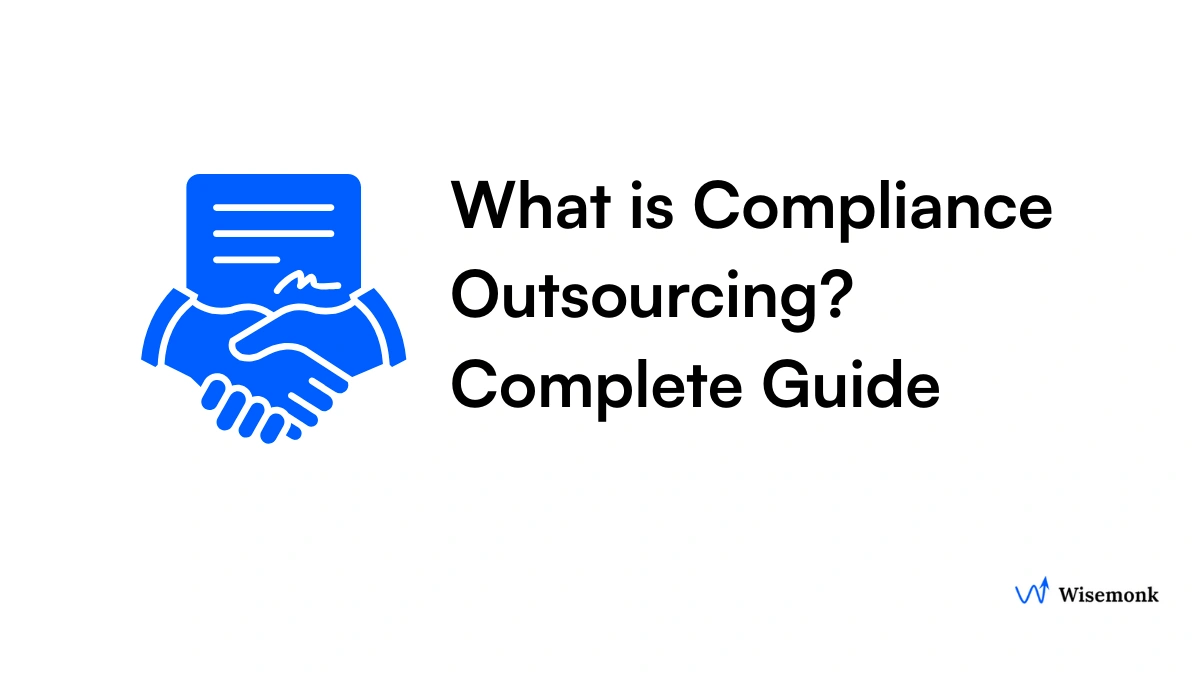



%20(3).webp)
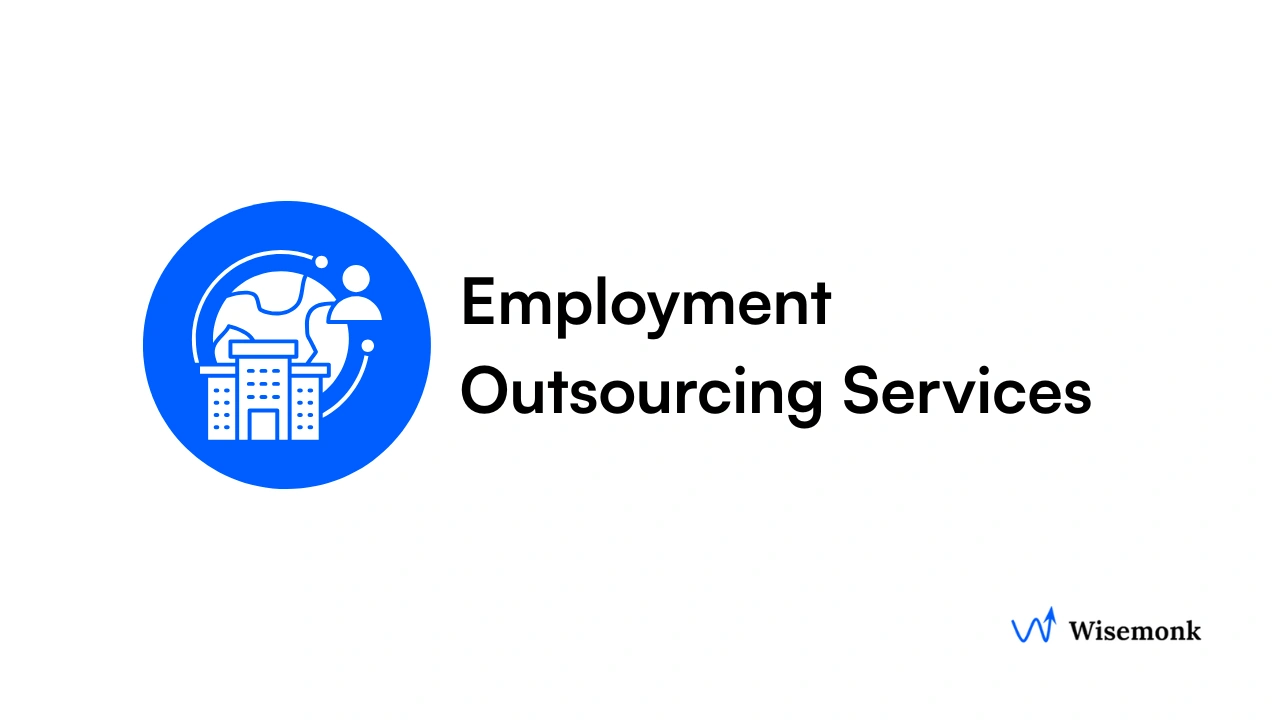
.webp)




.webp)
.webp)
.webp)

.webp)


.webp)


.webp)

.webp)
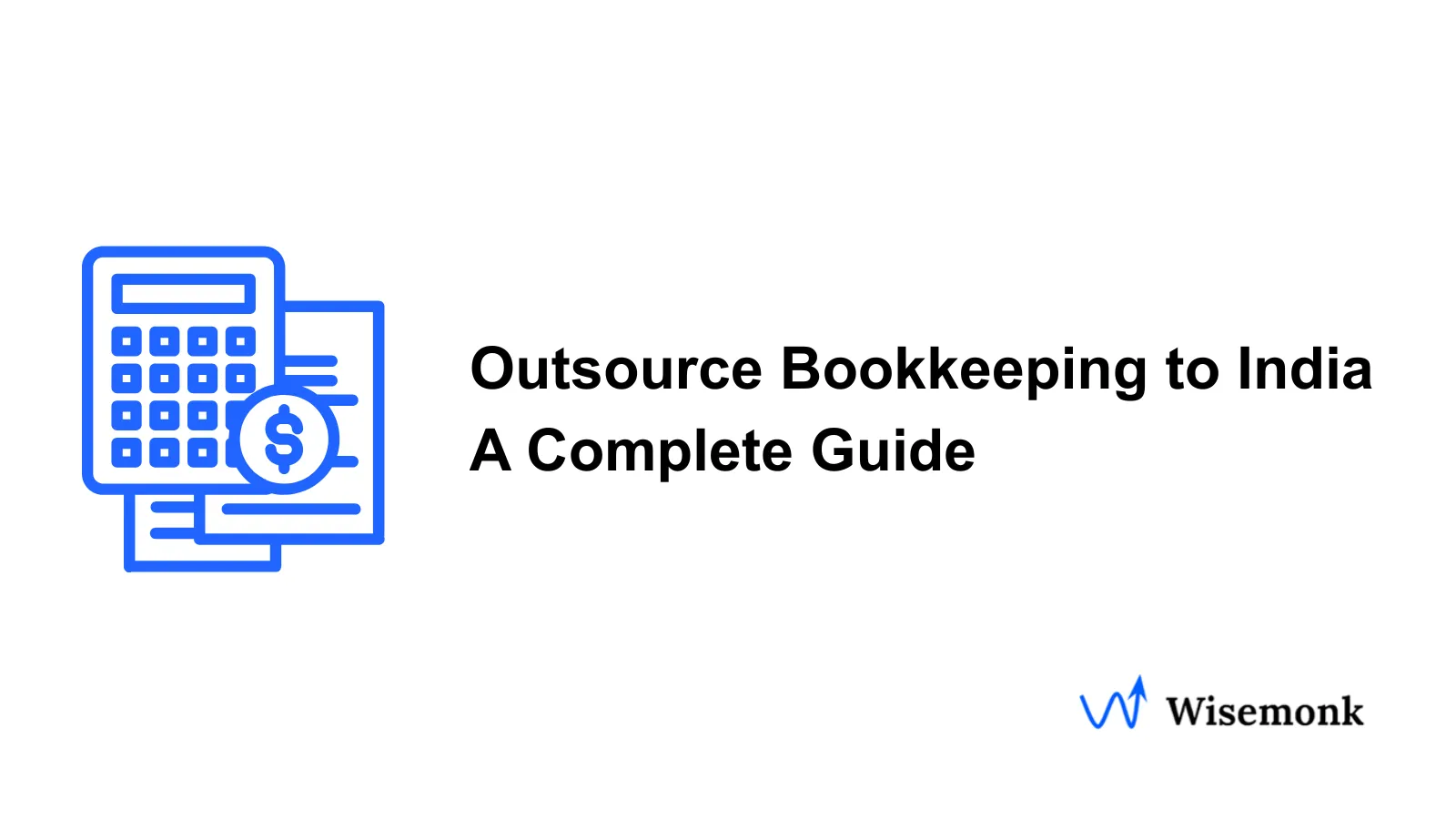
.webp)
.webp)
